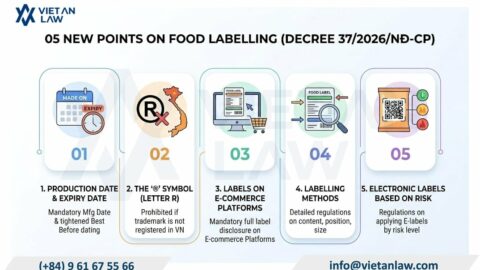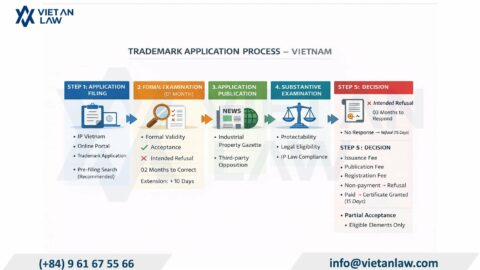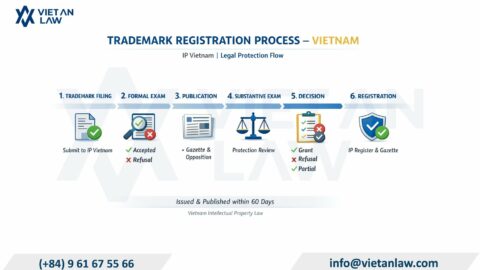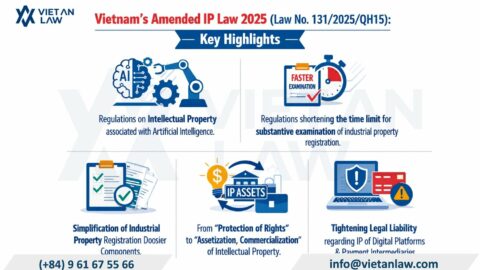Protecting trade secrets is an extremely important factor for the success and sustainable development of every business, especially in a dynamic and competitive economy like the Philippines. This proprietary information is not only a valuable intangible asset, but also the key to attracting investment and making a difference in the market. However, protecting trade secrets in the Philippines also faces challenges such as competition among businesses, the risk of information leakage from former employees, or cyberattacks. Viet An Law would like to guide clietns on how to protect trade secrets in the Philippines through the article below.
Table of contents
Currently, the Philippines does not have any specific laws protecting trade secrets (also known as undisclosed information), although there are various Philippine laws that apply to the protection of trade secrets and sanction the disclosure of such trade secrets.
Article 4(g) of Republic Act No. 8293 as well as the Intellectual Property Law of the Philippines includes the “protection of undisclosed information” or trade secrets under the term “intellectual property rights”.
Article 40(f) of Republic Act No. 7394 as well as the Consumer Law of the Philippines prohibits “the use by any person for his or her own personal use or disclosure, other than to disclosure to the Department or court as relevant in any proceeding under this Act, any information relating to any method or process is protected as a trade secret.”
Article 292 of the amended Penal Code provides for the penalty for the disclosure of industrial secrets as follows: “The penalty of imprisonment for a minimum and medium period and a fine not exceeding 500 pesos shall be imposed on the person in charge, employee or worker of any manufacturing or industrial establishment, person, to the detriment of its owner, will reveal the secrets of the latter’s industry.”
Under Rule 27 of the Rules of Court, the court, upon request, may order the production or inspection of documents or items that are not privileged and are important evidence in any matter relating to the case.
In Air Philippines Corp v Pennswell (GR No 172835, December 13, 2007), the Supreme Court had the opportunity to define what a trade secret is: a plan or process, tool, mechanism, or compound known only to the owner and those of their employees. need to be trusted.
This definition also extends to secret formulas or processes that are not patented but are only known to be used by a few individuals in coordinating certain commercially valuable commercial items. A trade secret can include any formula, sample, device, or compilation of information:
Thus, trade secrets in the Philippines are defined as follows:
“A trade secret is a plan, process, tool, mechanism, or compound that is known only to the owner and the people among their employees and needs to be trusted. It may be a secret formula or process that is not patented but is known and used only by a few individuals in the coordination of certain commercially valuable commercial items.”
Disclosure of confidential information
Collecting confidential information by illegal means
Using confidential information to create competitive products and services
Breach of confidentiality contract
Building a culture of security
Implementation of technical measures
Physical Management




